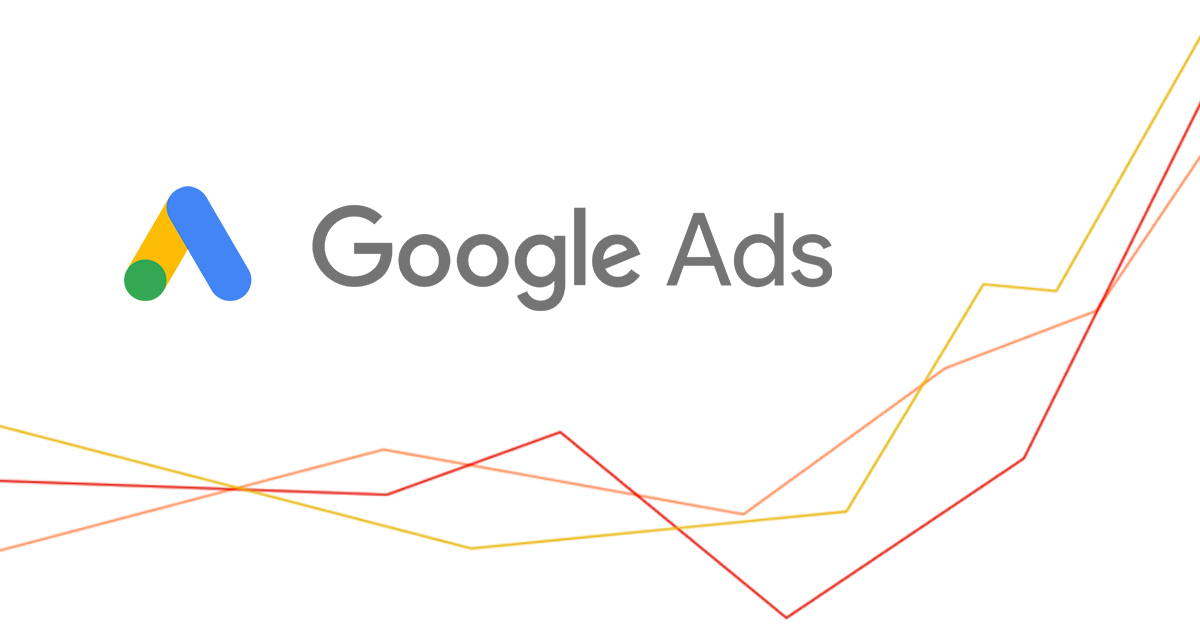Everyone loves good ideas. When NFTs hit the blockchain, insiders were ecstatic about the simple yet revolutionary concept of creating one-of-a-kind digital art. N-F-T means Non-Fungible Token, or a one-of-a-kind digital asset managed on blockchain that you can buy, sell, and trade. “Non-fungible” means the commodity is not mutually interchangeable. The concept makes it possible to create unique goods and sell them online. The NFT idea is full of promise because it gives everyone the power to own a rare digital product. The concept could apply to literature, arts, music, video, and an abundance of digital designs.
What makes each NFT unique is the process of creating it and its distinctive digital signature composed of binary code. The process begins with the creator choosing the format. You can produce an NFT from any multimedia file, such as a digital painting, photo, text, audio file, or video. Once the digital file format is selected, the NFT can be “minted” on a few exclusive blockchain platforms, such as OpenSea or Nifty Gateway. Once minted, the NFT is on the blockchain, and the owner receives a distinct password-protected code they can transfer if they sell or trade the NFT. The majority of the NFT platforms are Ethereum-based. However, Ethereum does not have a monopoly on NFTs.
The blockchain protocol provides a safe and secure platform for valued digital art to be purchased using cryptocurrency. This distinction means you cannot buy an NFT with your credit card, via a bank transfer, or in cryptocurrency not used on the platform. Therefore, you must convert your cash into a specific cryptocurrency to buy and trade NFTs. Since cryptocurrency trades on a marketplace, its value rises and falls like the stock market. In addition, individuals who own cryptocurrency are often speculators hoping to capitalize on the currency’s growth. Thus, the cryptocurrency used to purchase the NFT directly impacts the value of the NFT.
“Everydays-The First 5000 Days,” created by the artist known as Beeple, was the first NFT to be sold for a jaw-dropping sixty-nine million dollars in March 2021. The speculative nature of the NFT market can create incredible upsides and catastrophic downsides. For example, in 2021, Malaysian entrepreneur Sina Estavi bought an NFT of the first Tweet published by co-founder Jack Dorsey for $2.9 million. A few weeks ago, roughly a year after making the landmark purchase, Estavi listed the NFT for sale again at $48 million, but the auction ended with a paltry bid of $280. This startling example demonstrates how the value of NFTs is entirely subjective, and their current purpose is still up for debate.
Even though one person can only own the NFT, you can find several instances online where individuals have copied the digital photo of the work and posted it. Conversely, someone could take a digital image, mint it into an NFT and resell it as a unique piece. Although the idea is novel, the specific details regarding the rights and rules are still gray. Some buyers have lawyers involved because they purchased an NFT under the impression that they had bought the exclusive rights to a work. However, protecting or policing the NFT from being replicated via a screenshot or digital print is complicated
Despite the uncertainty and market murkiness, the NFT ideas are full of promise and continue to thrill artistic creators. The NFT market remains active for artists and entrepreneurs who can entice eager buyers interested in owning their piece of a rare digital property. At Tansley, we believe there are several exciting ways NFTs might work for our clients and their customers. However, we believe the process of minting and purchasing the unique works needs to be simplified and not entirely linked to cryptocurrency. Since NFTs are unique to the digital domain, they may never break free from the cryptocurrency market. We are actively watching how the market progresses and remain committed to exploring how we can help our clients utilize the power of NFTs in their businesses.
If you are interested in learning more about our thoughts regarding NFTs, please contact us today.







